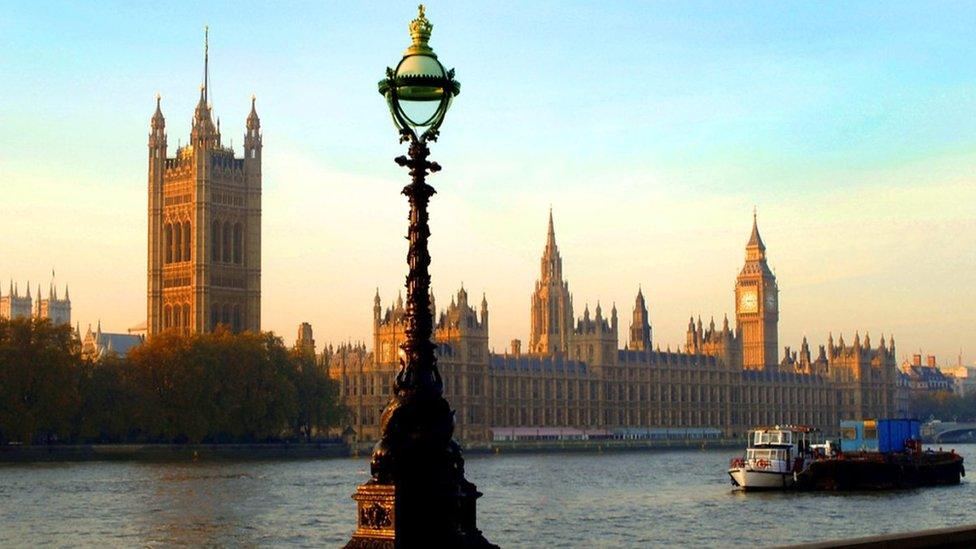Ethnic minority groups say 'more can be done' to help people belong
- Published
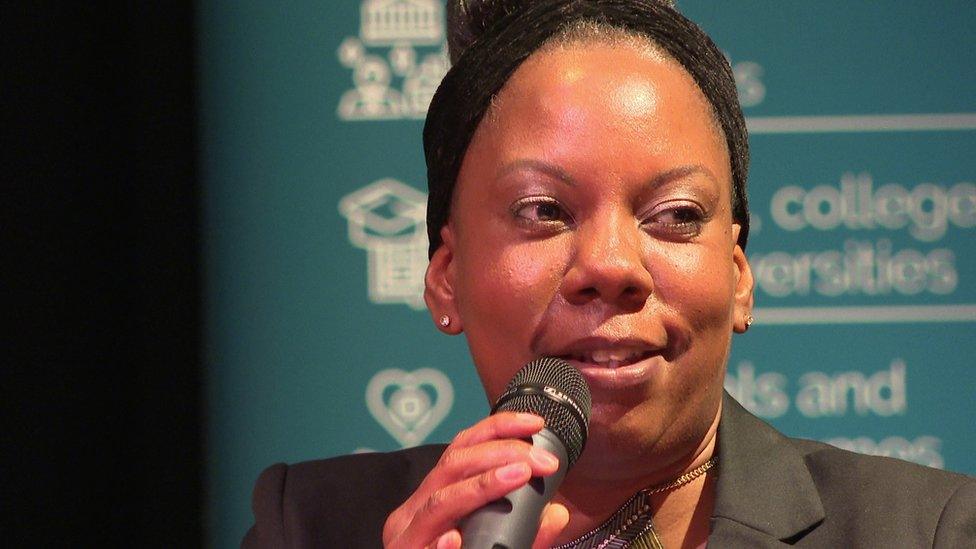
Rachel James said she noticed more diverse cultures in Northern Ireland
Northern Ireland is becoming more ethnically diverse but support groups say work is needed to make minorities feel like they belong.
Rachel James moved to the north coast from England 10 years ago.
"I remember the weekend I arrived - it was the air show in Portrush and I was looking around thinking: 'I don't see anyone like me,'" she said.
"I'm quite confident in who I am and my colour but all of a sudden I felt different, very different."
Ms James, a cultural ambassador at the Building Communities Resource Centre in Ballymoney, County Antrim, was one of several speakers at a diversity conference.
The event was recently held in Bellaghy, County Londonderry.
'I'm finally seeing other cultures'
"When I first came… I could go up Coleraine high street and I wouldn't see any other ethnicity, let alone black," Ms James said.
"But now I go up the high street and I don't know everyone who is not white which is great, it's different.
"It's like I'm finally seeing other diverse cultures in the town."
While she believes Northern Ireland has changed, Rachel is working to help other people feel a sense of belonging.
"It's all good and well to have policies on diversity, equity and inclusion but it's putting it in to practice," she said.
"It's about actually being welcomed and people reaching out and wanting to learn about cultures."
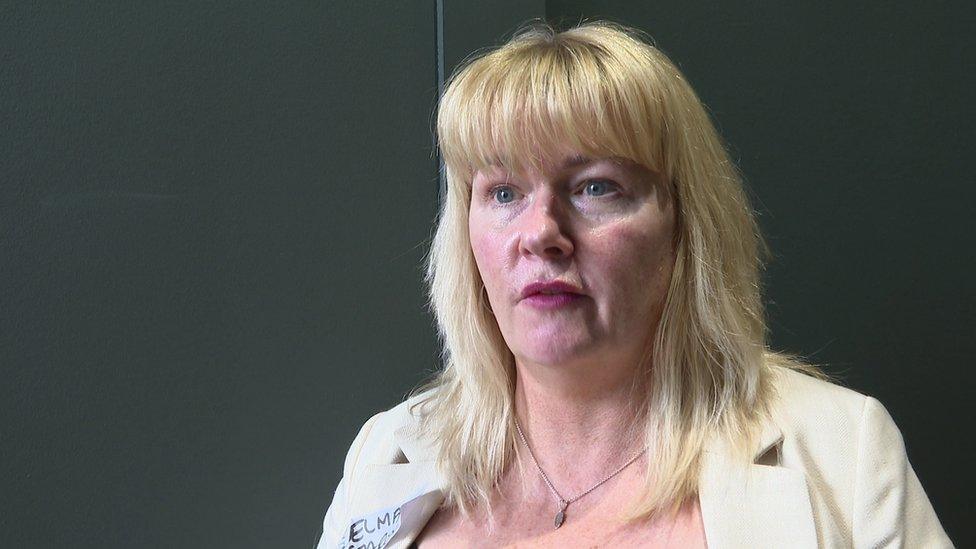
Fidelma Fearon said little had changed for the Traveller community
According to the latest figures, 3.4% (65,600 people) of Northern Ireland's population now belong to ethnic minority groups.
That is about double the 2011 figure (32,400 people) and four times the figure in 2001 (14,300 people).
The largest groups were mixed ethnicities (14,400), black (11,000), Indian (9,900), Chinese (9,500) and Filipino (4,500).
Irish Traveller, Arab, Pakistani and Roma ethnicities constituted 1,500 people or more, the figures show.
'Little progress for Traveller community'
Fidelma Fearon is the project manager of the Armagh Traveller Support Group, which supports people from Irish and Roma Traveller communities.
"There can be nothing talked about in terms of diversity, inclusion, equality and belonging without having the Traveller community represented," said Ms Fearon.
"In terms of the diversity work that has come about in Northern Ireland for newcomers and asylum seekers, it's been great thankfully.
"I'm sure there's a lot more to be done but when it comes to the Traveller community very little has been done and very little progress has been made.
"They are the community that you least want to live beside, that you want to work with or go to school with, etc.
"You wouldn't marry into the Traveller community or anything like that so nothing has changed for the Traveller community.
"If anything it seems to be going backwards.
"I wouldn't go as far to say that there is institutionalised racism but there is something of that tone."
'A new diversity to rural areas'
Mary Lafferty Koyyalamudi is a refugee support manager with the group Empowering Refugees and Newcomers Organisation.
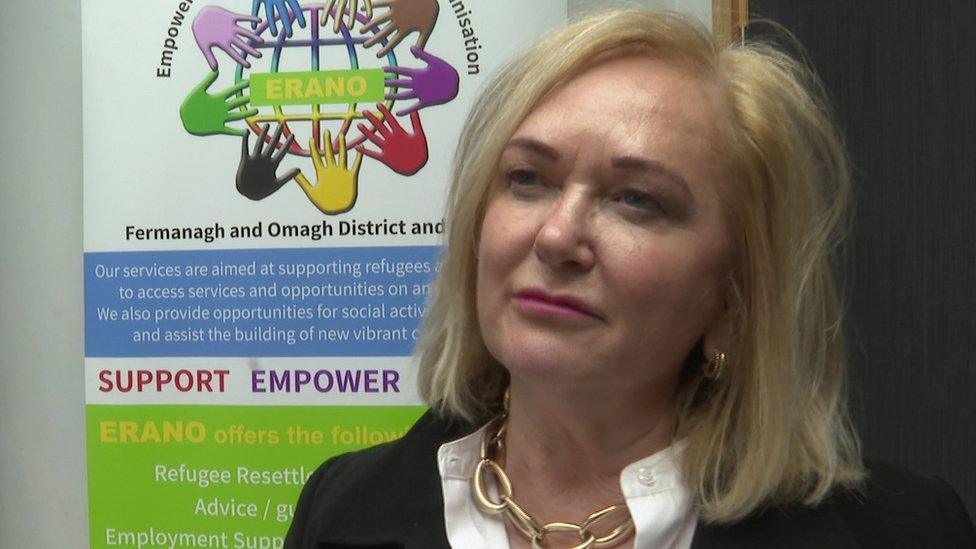
Mary Lafferty Koyyalamudi said a lot more work is needed in education and integration
She said refugees from Syria and Ukraine as well as other migrant groups have changed the "demographics and the landscape" in Northern Ireland.
"It's wonderful because it brings a new diversity to areas that were dying in some of the rural, country areas," Ms Lafferty explained.
"For the best part the local people are as they always are friendly and welcoming but sometimes it doesn't go beyond that.
"I think we need to do an awful lot more around education and integration work and integrating the people that are coming in now - refugees, migrants, asylum seekers.
"We should be introducing them more to the local community so that they feel like they belong the community they now call home."
Related topics
- Published5 March 2023
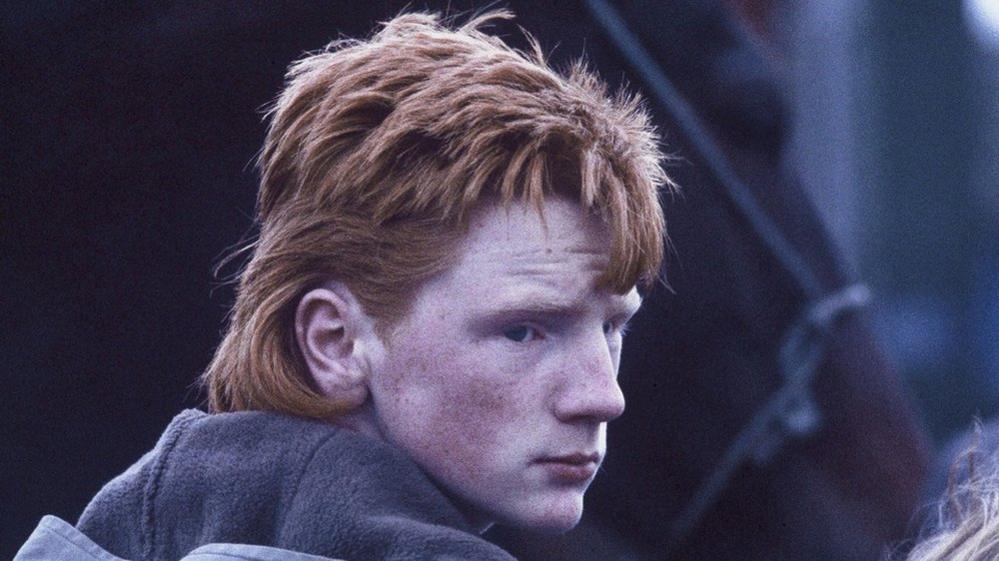
- Published1 December 2022
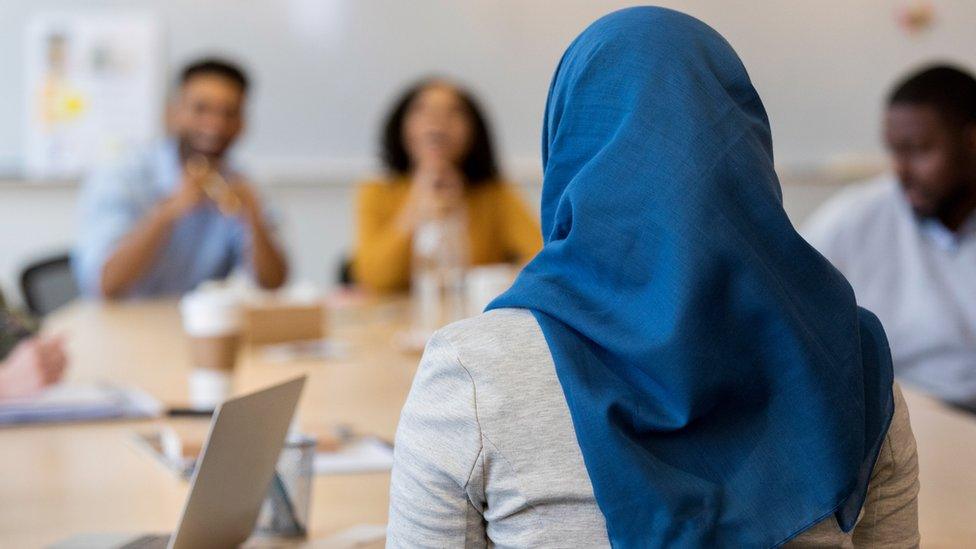
- Published7 July 2022
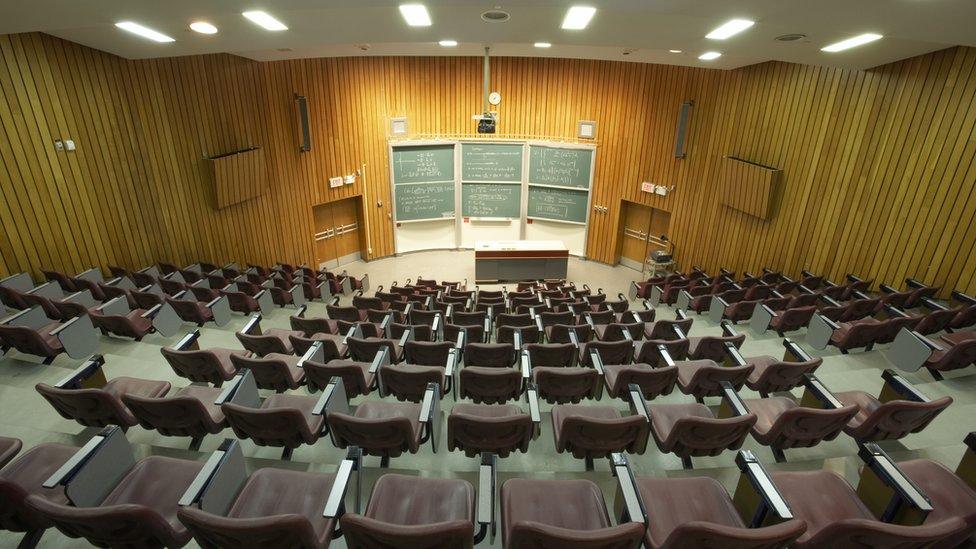
- Published9 March 2022
